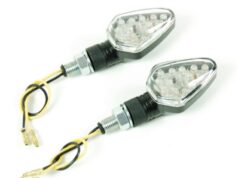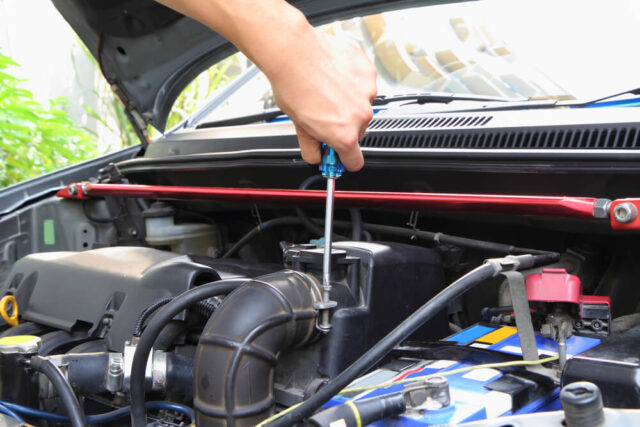
Get to know the hacks to get your car to live a longer and healthier life with experts guiding you through it all.
So, here’s how you can increase your car’s life:
Take A Look At Your Car’s Guidebook And Schedule For Its Proper Maintenance
Cooling systems, suspensions, drive train, and other parts of your car need regular maintenance. These little spending cannot just avoid off-budget and sudden repairs you care would need but also keep your vehicle in a tip-top condition.
Enjoy the exclusive privilege your car’s manufacturer’s warranty have to offer and spend even less to get so much more.
imply choose powertrain warranty on Chaiz.com
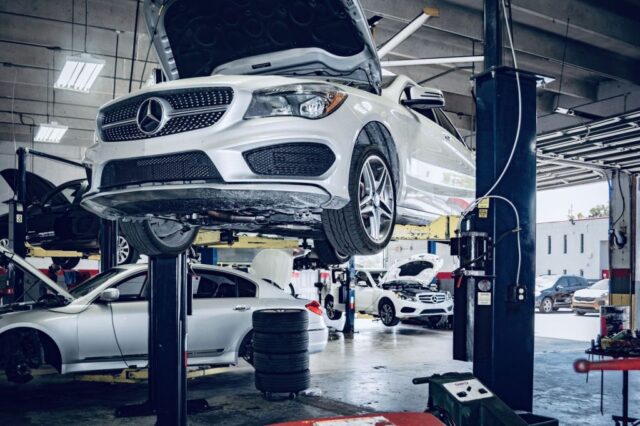
Avoid Short Journeys, Walk If You Can
Driving less makes your engine happy, and the engine is the heart of your car. So, avoid a journey that a walk could quickly compensate. Do not turn on a cold engine just to pull up to your friend’s house to blocks over. Why you ask? Professionals such as CarExpergtGroup can explain and help.
Your gas mileage and muffler hate waking up to the cold.
So when you rev on your engine, long been unused in your garage for a grocery trip next door, the exhaust in your engine gets condensation. Moreover, if you don’t start your car for a more extended period, the condensation can build water retention in your muffler. You can rust a hole in your muffler that way.
It is equally as important to not leave your car out in the cold. Let the engine heat up from time to time, and the condensations in your muffler evaporate out of the system.
The best course of action will be if you use the car you’ve recently used to make a pit stop to all the errands gathered instead of visiting them one by one. Go to the washers first, then the ATM, and the medicine store in the end. Save your gas, effort and your car’s life.
PRO TIP: if you do not start your car for more than a week or two, you might have an even more enormous task at hand. The fluids might drain out of your car’s systems, and you will have to take it to a mechanic. Oh, the smell of bankruptcy!
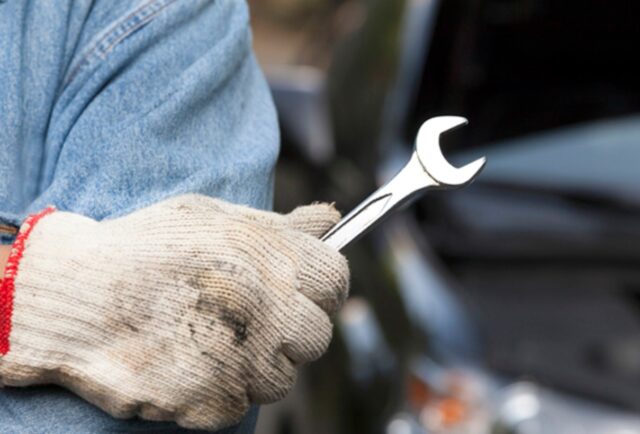
Keep A Check On Your Car’s Fluids
Your brake, transmission, and power steering fluids need periodic checks. You must also see the levels of antifreeze oil in your car.
When you’re re-fueling, that would be an excellent time to look for leaking fluids. You never know when which fluid decides to flow without your accord. Hence, checking for it often might help ebb an unknowing mishap.
Red Alert: if you see a tint of brown in the shades of your antifreeze, flush it. It might contain dirt and rust, which causes harm to your car.
Oil, on the other hand, will always be brown. If you see the oil having a whitish or milkshake-like look, take it to the mechanics. This case could be when a coolant or antifreeze is mixed with the oil or rarely condensation mixed.
Transmission fluid should never have a stench of burning and appear bright red. If you smell smoke or ashes, flush the liquid as that might cause damage to your transmission.
If you’re having issues in shifting gears, it might be the cause of an internal transmission.
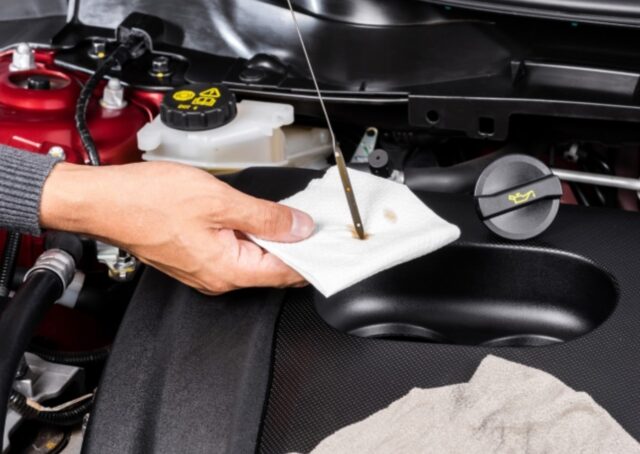
Regular Oil Changes
Your gas mileage and the engine will thank you for the frequent changes of oil; trust us.
It is advised to have a change of oil after every 3000 or 5000 miles. Come six months, and you should know what time it is.
However, an oil change also depends on how and where you drive and what oil you use. So, notice details of your car and treat it as if it was someone you loved.
Tip to Save Your Life: Change your oil filter as you go. Having a dirty filter would contaminate the clean oil going into your car’s system. These oil filters are inexpensive easily accessible at any car shop.
Your car manual will let you know how to change your oil if you don’t know.
To conclude, a car with rough use and uses conventional oil might require a faster change of oil than one that uses fully synthetic oils and drives smooth.
The use of a high-quality catalytic converter, which aids in filtering hazardous byproducts from exhaust fumes and burning them, would also be recommended.
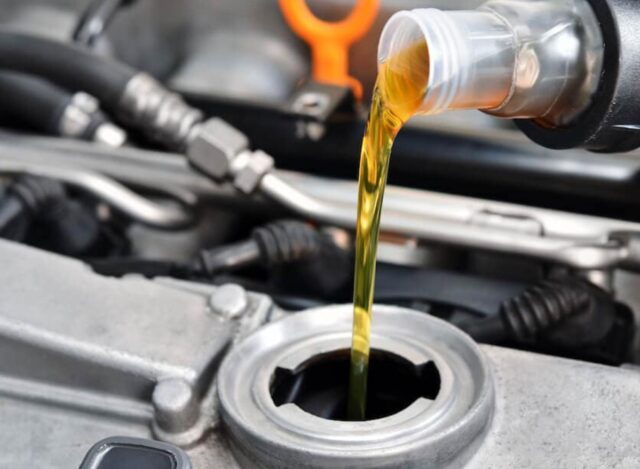
Do Not Ignore The Air Filter
You can change the air filter yourself, too; best use a screwdriver, and you’re good to go. Purchase a matching filter to avoid poor acceleration and a decreased mileage. A clean filter can make your car go a long way, that too, with premium speed and condition.
Your Brake Pads Need Your Attention
Check the thickness of your car’s brake pads and see that they do not wear down to metal because this can cause damage to your car’s calipers and brake rotors or discs. The calipers and discs are not inexpensive.
You can’t really clean your car’s discs as friction between the rotor and pad can eliminate any substance that comes in between them.
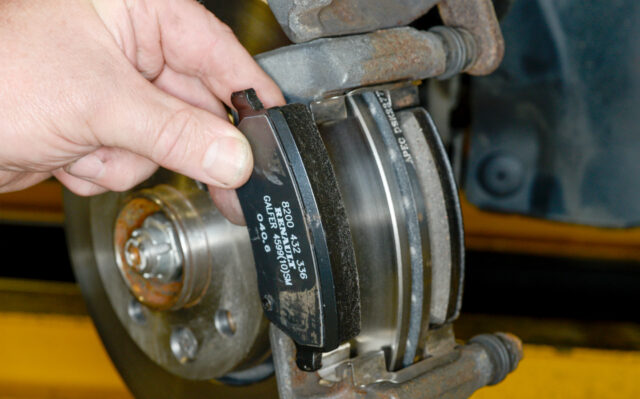
Gyrate Your Car Tires
Extend your tires’ life by avoiding normal depreciation and changing their position. You can rotate your car tires depending on the drivetrain of your car and tire type. Keep them inflated to increase mileage. Read through your manufacturer’s guidebook to know the details of your car.
Keep a record of your car’s tire pressure. Insert a penny into your tire’s tread. Be sure to face Lincoln downward. Your tire will need replacement if the tread doesn’t cover Lincoln’s head. So you can now replace your tires without the hassle of asking around.
Conclusion
With professional help, you can now increase your car’s lifetime. Just ensure you change your oil, oil filters, fluids, tires, air filter and brake pads regularly. Also, how you drive matters so drive less, smooth and with care. Take your car for service weekly to make good use of your auto-warranties. If your car needs repair contact Adams Automotive from Houston Texas. Their technicians are certified and well-experienced in repairing all car models.
And that’s how you get surety of having a car by your side for a long time.






